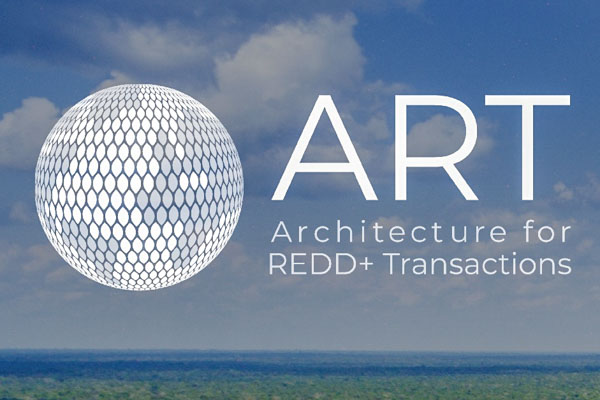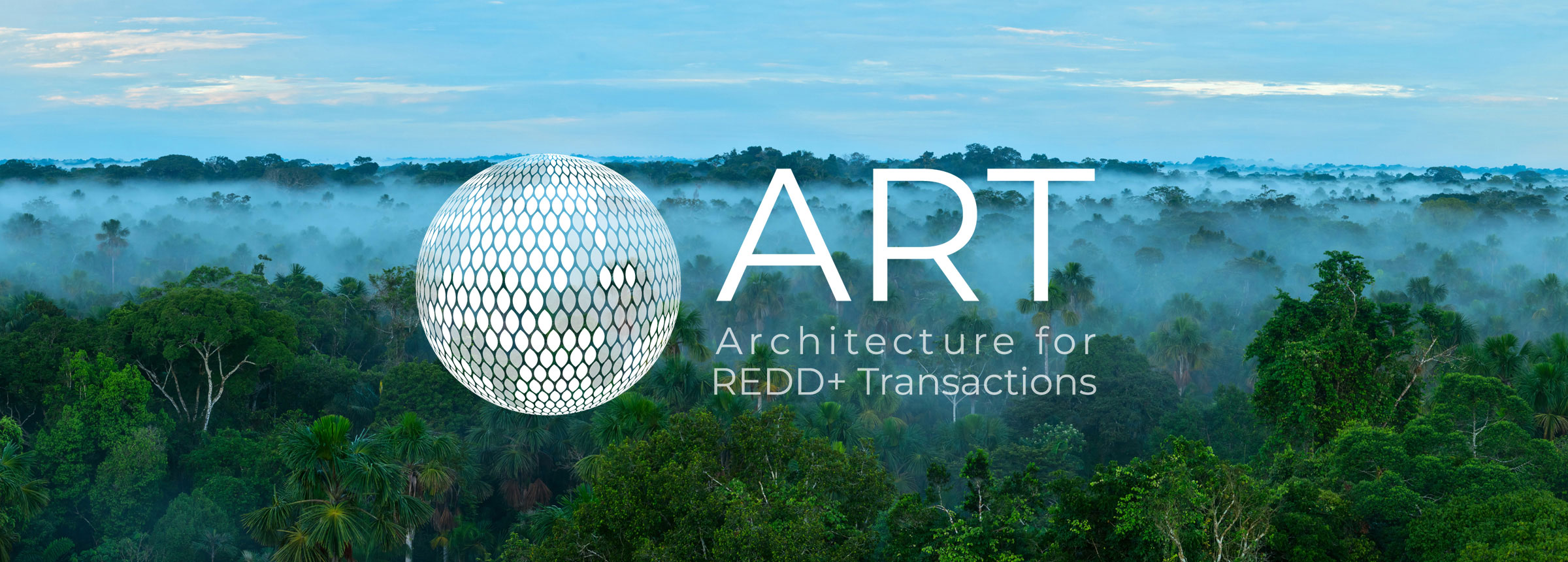
ART Expands TREES Standard to Mobilize Large-scale Climate Solutions from Forests
ARLINGTON, VA — August 19, 2021 — The Architecture for REDD+ Transactions (ART) has released an expanded version of The REDD+ Environmental Excellence Standard (TREES), its high-integrity standard for measuring, monitoring, verifying, and crediting climate progress in the forest sector. The updated version – TREES 2.0 – broadens opportunities to unlock large-scale solutions from forests in support of efforts by the international community to achieve the ambitious goals of the Paris Agreement.
TREES 2.0 expands options for participating jurisdictions to access carbon market financing by including crediting for additional mitigation actions from the forest sector notably (i) protecting forests in jurisdictions with high forest cover and low rates of deforestation and (ii) enhancing carbon ‘removals’ due to reforestation efforts. It also creates a pathway to recognize the contributions of Indigenous Peoples to protecting forests and reducing associated emissions.
This announcement comes as a major surge of corporate interest in purchasing forest carbon credits as a part of climate action strategies. TREES 2.0 gives companies the opportunity to purchase high-integrity emission reduction and removals credits from countries and large sub-national jurisdictions that are achieving real results in protecting and restoring tropical forests. It will also bolster the growing interest from major economies – such as the U.S., U.K., and Norway – to support enhanced climate action in tropical forest countries.
In the fight against climate change, the urgency of reducing deforestation, restoring and regrowing forests, and protecting intact ecosystems in areas with low historic rates of deforestation is well understood. Scientists estimate that these natural climate solutions can provide one-third of needed climate action this decade.
The Paris Agreement paved the way for large-scale climate solutions from forests by endorsing international cooperation to protect and enhance forest carbon stocks and reduce emissions from deforestation and forest degradation, collectively known as REDD+. A major barrier to mobilizing large-scale finance has been the lack of a high-integrity, standardized approach for the monitoring, reporting, verifying, and crediting of emission reductions and carbon removals from forests at a jurisdictional scale, including the assurance of environmental and social safeguards.
ART was created to meet this challenge with the objective of attracting finance at scale to support ambitious climate action in the forest sector by countries and large sub-national jurisdictions (such as provinces or states). The first version of TREES, released in 2020, focused on ensuring the integrity of credits for emission reductions from reduced deforestation and forest degradation — the most urgent priority for the forest sector.
TREES 2.0 includes innovations to broaden access and activities covered by forest carbon crediting while maintaining rigorous safeguards. Mary Grady, Executive Director of ART, Winrock International said, “TREES 2.0 widens the scope for climate solutions from the forest sector in line with what the science in the new IPCC assessment report tells us is needed to achieve the goals of the Paris Agreement. TREES 2.0 enhances and expands opportunities for jurisdictions to access performance-based payments for forest protection and restoration through a range of innovative approaches to crediting.”
TREES was the first jurisdictional crediting standard for REDD+ developed and published after the adoption of the Paris Agreement, ensuring full alignment with the objectives and ambition of the global accord. The standard also ensures social and environmental integrity aligned with UNFCCC decisions including the Cancún Safeguards and the avoidance of double counting.
Since its launch, ART has gathered significant momentum. Seven jurisdictions from three continents have started the registration process. In addition, TREES was selected as the standard of quality by the LEAF Coalition announced at President Biden’s Climate Summit in April, offering at least $1 billion, at a floor price of $10/ton for qualifying jurisdictions, to demonstrate reduced deforestation through the TREES process. The LEAF coalition is a public-private initiative involving 13 companies, along with the U.S., U.K., and Norwegian governments, that has issued a call for proposals that aims to massively reduce deforestation globally using TREES credits from tropical forest countries as the vehicle.
“UN-REDD seeks to support the expansion forest-based climate solutions at scale, with high environmental integrity and advancing social equality. We welcome the opportunity that TREES 2.0 presents to contribute to these outcomes,” stated Mario Boccucci, Head of the UN-REDD Programme Secretariat. “The Programme looks forward to reviewing the standard approved by the ART Board, and to continuing to work with the ART Secretariat, participating jurisdictions, and interested demand-side entities to help achieve the goals of the Paris Agreement, and make 2021 a turning point for scaling up climate action from forests.”
Any viable pathway for keeping global warming well below 2°C is dependent on retaining the world’s intact forests. However, intact forests all over the world are under increasing threat and there is a pressing need for enhanced climate finance for their protection. The Forests for Life Partnership, made up of Rainforest Foundation Norway (RFN), Re:wild, United Nations Development Programme (UNDP), Wildlife Conservation Society (WCS), and World Resources Institute (WRI), commends ART for introducing new pathways for High Forest Cover Low Deforestation (HFLD) jurisdictions in TREES 2.0. This recognizes forest stewards who are actively safeguarding intact forests and facilitates increased finance for their protection. These pathways include an HFLD crediting approach, fuller accounting for carbon removal by mature forests, and an eligibility pathway for Indigenous Peoples. These could lead to more robust protection for tropical forests that delivers credible and crucial climate mitigation and other social and environmental benefits.
“We strongly support the Architecture for REDD+ Transactions’ effort to broaden the scope of the TREES Standard to include removals, incentives for high-forest low‐deforestation jurisdictions, and a further pathway for participation for Indigenous Peoples. TREES 2.0 brings the important potential to deliver more comprehensive and equitable incentives for forest protection, facilitate broader participation, and help bring sustainable economic benefits to Indigenous Peoples and local communities. The strengthened standard could help mobilize greater finance to achieve forest emissions reductions at scale,” said Ruben Lubowski, AVP, Climate & Forests, and Chief Natural Resource Economist, Environmental Defense Fund (EDF).
Related Projects

